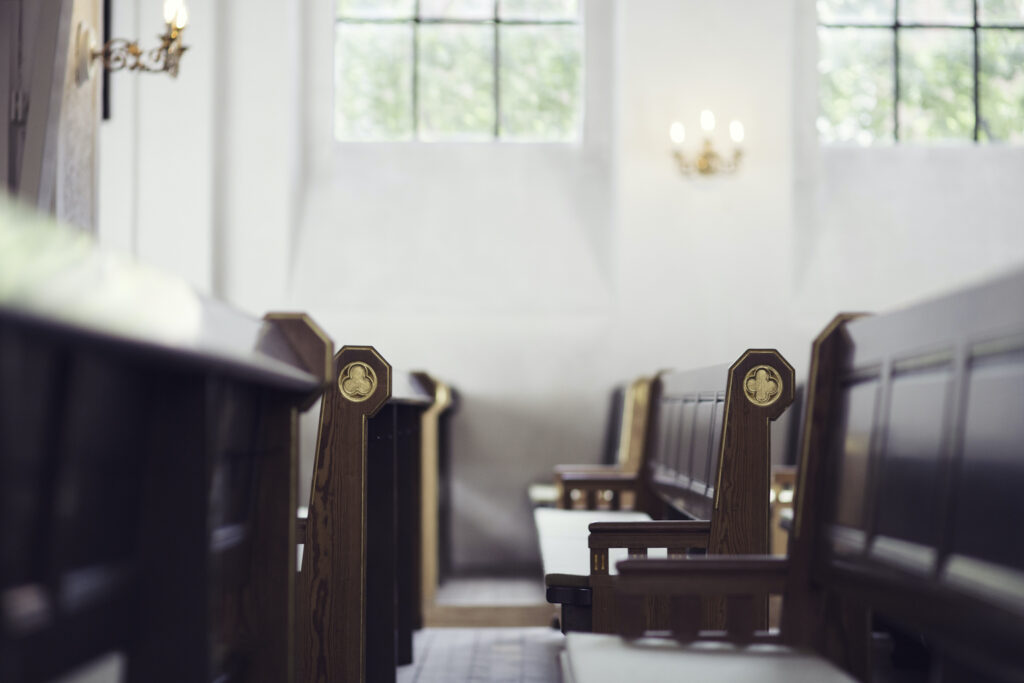Question:
One of my close friends, whom I met through the Church, is a parish youth worker. The girl she lives with is a lesbian, although I believe that they do not share sexual relations. Lately, though, my friend has told me that she is pursuing same-sex relationships.
How I am supposed to react to this situation? I like her very much and want to maintain my friendship with her, but I do not condone same-sex relations as they are against Catholic teaching. What is my duty to her as a Catholic and a friend? (I am growing increasingly concerned about the state of her soul.) (Cincinnati)
Answer:
Your responsibility — as a Catholic and a friend — is to look for a chance to speak with your friend and to disclose to her in a non-threatening way that you are uncomfortable with her choice of sexual partners. Explain to her that the Church — the community of faith in which you and she believe — does not approve same-sex relationships, based both on the Scriptures and on the centuries-old teaching of the Church’s moral leaders.
Assure her that, despite your discomfort, she still means very much to you and that you want to maintain her friendship. It occurs to me, too, that you may have one further responsibility. Since she is, as you mention, a parish youth worker, she witnesses to others in a public manner the beliefs of the Catholic Church. If there is a way for you — with the assurance, of course, of confidentiality and anonymity — to share your concern with one of the priests in your parish, perhaps that priest could then speak with your friend.
Question:
I know that missing Mass on Sunday without a legitimate reason is considered a serious enough sin that it requires going to confession. But I also know that among the “legitimate reasons” are sickness or the lack of an available Mass. Why, then, was it necessary during the COVID-19 crisis for the bishops to grant a dispensation from Mass attendance? Weren’t Catholics already dispensed? (South Amboy, New Jersey)
Answer:
In March 2020, when the coronavirus began to take hold of the United States, virtually every diocese suspended all public Masses. The reason, of course, was that it was a serious health risk for crowds to gather in close proximity.
As you point out, if no Masses were being offered, Catholics could certainly not be obligated to be present. You are also correct in observing that Catholics can dispense themselves from the Mass requirement — and should do so — if they are too sick to attend. However, many Catholics need the comfort of knowing that, in such situations, the Sunday Mass obligation is officially and formally lifted.
As I write this (in late August 2020), most Catholic parishes across the U.S. have begun once again to offer public Masses — though often on a more limited schedule. But every diocese of which I’m aware, including the Diocese of Richmond, is continuing for the time being to dispense Catholics from the obligation to attend — realizing that many, particularly the elderly, still feel the risk of exposing themselves to COVID-19. This policy is a wise one on the Church’s part — not only because of public health concerns, but also to ease the consciences of many Catholics.
Question:
A few years back, Pope Francis set up a commission to study the feasibility of permitting women to become permanent deacons. Has that commission made a recommendation to the pope, and where does the matter stand? (Albany, New York)
Answer:
In 2016, Pope Francis, with the encouragement of the International Union of Superiors General of religious orders of women, created a commission to study the historical facts about women referred to as deaconesses in the New Testament and the role of women deacons in the early Church. That group reached varying points of view and came to no definitive conclusion as to whether women had ever been ordained sacramentally.
Speaking with journalists on the papal plane returning to Rome from Bulgaria in May 2019, Pope Francis indicated the issue would need further study. In April 2020, Pope Francis established a new “Study Commission on the Female Diaconate,” prompted in part by the 2019 Synod of Bishops for the Amazon, which had suggested that the question of women deacons be revisited, given the shortage of priests in the region.
Deacons perform many of the functions of priests — including presiding at weddings, baptisms and funerals — though they are not permitted to celebrate Mass. This new commission does not appear to be limited to an examination of the early Church, as was the 2016 study group.

